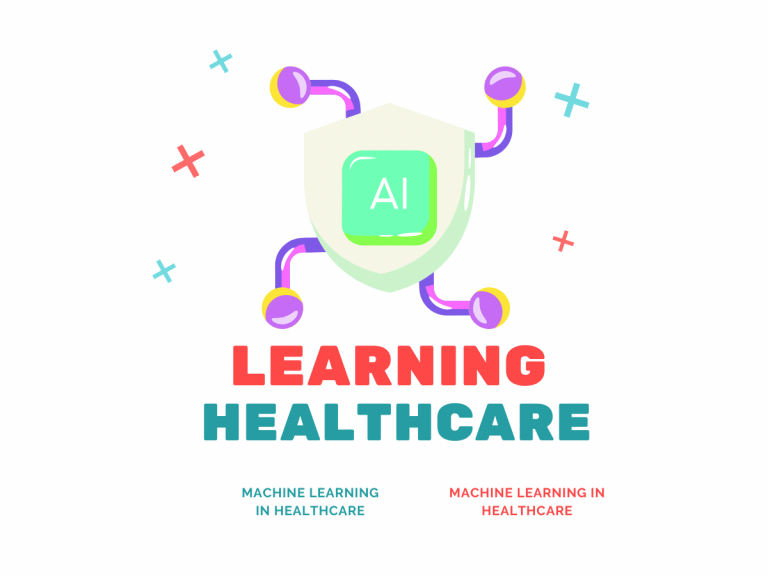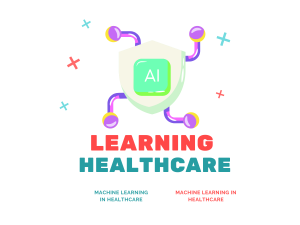1. Introduction
In recent years, the healthcare industry has witnessed remarkable advancements in technology, and one such innovation that is revolutionizing patient care is AI-powered virtual assistants. These intelligent systems leverage artificial intelligence (AI) and natural language processing (NLP) capabilities to interact with patients, healthcare providers, and other stakeholders. By harnessing the power of AI, virtual assistants are transforming the way healthcare is delivered, enhancing efficiency, accuracy, and patient engagement. This article explores the significant impact of AI-powered virtual assistants in patient care and discusses their role in improving diagnosis, streamlining administrative tasks, enhancing patient experience, and addressing privacy concerns.
2. Understanding AI-powered Virtual Assistants
AI-powered virtual assistants are software applications that simulate human-like interactions and perform tasks autonomously or in collaboration with healthcare professionals. These virtual assistants utilize machine learning algorithms to analyze vast amounts of data, learn from patterns, and adapt to user needs. By employing NLP, they can understand and respond to natural language queries, making interactions with patients and healthcare providers more intuitive and seamless.
3. The Impact of AI-powered Virtual Assistants in Patient Care
AI-powered virtual assistants are transforming patient care in numerous ways, leading to improved outcomes, increased efficiency, and enhanced patient experience. Let’s explore some key areas where these virtual assistants are making a significant impact.
4. Enhancing Efficiency and Accuracy in Diagnosis and Treatment
AI-powered assistants equipped with advanced capabilities can assist healthcare professionals in diagnosing and treating various conditions. By analyzing patient data, medical records, and relevant research, they provide valuable insights and recommendations, aiding in accurate diagnosis and personalized treatment plans. These assistants can also help identify potential drug interactions, monitor patient progress, and alert healthcare providers about critical changes in a patient’s condition, enabling timely interventions.
5. Streamlining Administrative Tasks for Healthcare Providers
In addition to clinical support, AI-powered virtual assistants alleviate the burden of administrative tasks for healthcare providers. These assistants can automate appointment scheduling, manage electronic health records, and facilitate seamless communication between healthcare teams. By reducing administrative workload, virtual assistants free up valuable time for healthcare professionals to focus on direct patient care, leading to increased productivity and improved overall healthcare delivery.
6. Improving Patient Engagement and Experience
AI-powered assistants empower patients by providing personalized care and improving their overall healthcare experience. Patients can interact with these assistants to access information about their medical conditions, receive medication reminders, and obtain guidance on self-care practices. These assistants also offer tailored educational resources, promoting health literacy and enabling patients to actively participate in their treatment plans. With 24/7 availability, assistants ensure continuous support and prompt responses to patient inquiries, fostering a sense of trust and engagement.
7. Addressing Privacy and Ethical Concerns
While the benefits of AI-powered assistants are evident, it is crucial to address privacy and ethical considerations. Protecting patient data and ensuring confidentiality are paramount in healthcare. These assistants must adhere to stringent security protocols, comply with privacy regulations, and employ robust encryption techniques to safeguard sensitive information. Additionally, transparency and informed consent should guide the collection, storage, and utilization of patient data, ensuring ethical use of AI technologies in patient care.
8. The Future of AI-powered Virtual Assistants in Patient Care
As AI technology continues to evolve, the future of AI-powered assistants in patient care holds immense potential. Advancements in AI will enhance these assistants, enabling predictive analytics, early disease detection, and personalized medicine. They will collaborate with telemedicine, wearables, and remote monitoring systems, benefiting patients.
9. Frequently Asked Questions (FAQs)
Q1. How do AI-powered virtual assistants improve diagnosis accuracy? Q2. Can virtual assistants replace healthcare professionals? Q3. What measures are taken to ensure patient data privacy with AI-powered virtual assistants? Q4. Are virtual assistants cost-effective for healthcare providers? Q5. How do virtual assistants contribute to patient engagement and empowerment?
10. Conclusion
AI-powered virtual assistants have emerged as a game-changer in patient care, revolutionizing the healthcare landscape. By harnessing the power of AI and NLP, these virtual assistants enhance efficiency, accuracy, and patient engagement. They streamline administrative tasks, improve diagnosis and treatment, and provide personalized care experiences. As the technology advances, virtual assistants will continue to play a vital role in shaping the future of healthcare, leading to better outcomes and improved patient well-being. Embracing these intelligent systems is a significant step toward a more patient-centric and efficient healthcare system.













+ There are no comments
Add yours